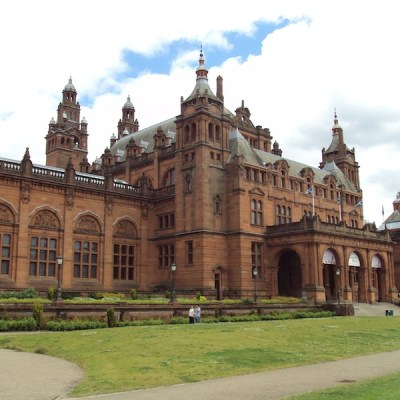France’s president Emmanuel Macron has taken a leaf out of the British cultural playbook. As part of his modernisation of the French state, he has encouraged his minister of culture, Françoise Nyssen, to sanction a lottery draw dedicated to supporting heritage. Next September, France’s national heritage day will be marked by the release of special edition scratchcards, and the proceeds of the day’s Loto draw will be handed over for distribution by the Fondation du Patrimoine.
Set up in 1996, this French heritage foundation is another British borrowing, modelled on the National Trust, and charged with bringing in private and commercial money to help protect French heritage assets that are not already funded by the state. The €20 million that it is hoped this special heritage lottery draw will raise hardly compares with the €236 billion the French government has committed to heritage protection over its current five-year term. However, it signals not only a desire to diversify sources of revenue, but also that the French state is reaching the limits of its willingness to maintain cultural funding.
It is unfortunate that this news coincides with yet another fall in lottery receipts in the United Kingdom. National Lottery operators Camelot have announced a 3.2 per cent fall in lottery sales between April and September this year, following an 8.8 per cent drop in 2016/17. Fewer sales mean less money to distribute to the good causes: there was a 14.4 per cent fall in the overall sum available to them last year, and a 4.7% fall in the last six months.
The official line from the HLF is that it is used to dealing with fluctuations in income. At present the fluctuation appears to be going in only one direction: downwards. The grant-making body’s income was down £58 million in 2016/17. The organisation is unwilling to say what the last six month’s fall in available moneys will mean, but it had been projecting an income of £320 million, in itself £7 million down on last year’s results. A 4.7 per cent fall in its projected income would leave the HLF a further £15 million short. Arts Council England, Creative Scotland, Arts Council Wales and Arts Council Northern Ireland have suffered similar falls because of the decline in lottery sales. The arts councils lost £55 million last year, and will have lost another £6 million in the last six months.
While the National Lottery has become less addictive for the punters, the arts and heritage have become increasingly lottery-dependent. All the arts councils have drawn down their reserves to maintain their commitments, and the notion that lottery funding is ‘additional’ – that is to say, separate from government revenue funding – is more and more of a fiction. Although the government gives the National Heritage Memorial Fund £5 million a year, the Heritage Lottery Fund, as the name implies, has no other source of funding than lottery punters. Officially, it has no uncommitted reserves. It is no wonder that it says that ‘applications for our funding will become more competitive’.
France has always prided itself on its commitment to culture, and has always substantially outspent the United Kingdom in terms of arts and heritage funding. A dedicated scratchcard may be only a small step, but Macron should beware of creating a culture like the United Kingdom’s: one that is increasingly dependent on a game of chance.



